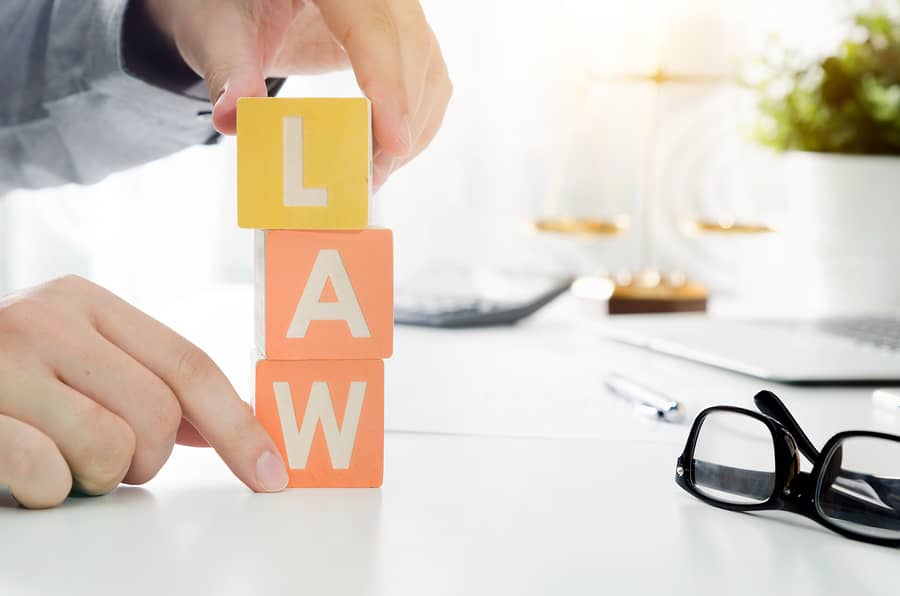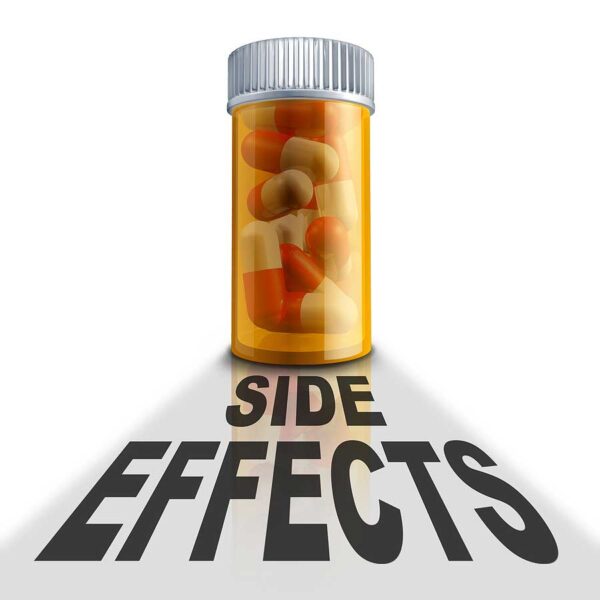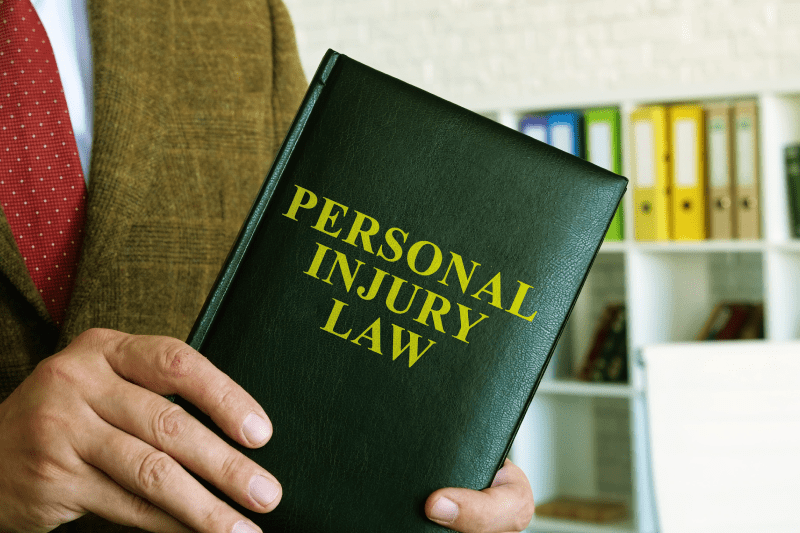You took advantage of the personal injury law firm’s offer of a free consultation about your case. You thought it went well; the Miami Personal Injury Lawyer you met with was professional, confident and listened carefully to what you said. But at the end of your meeting, the attorney gently explained that the law firm could not take on your case. You may have left feeling confused and even a bit upset. Why wouldn’t the lawyer agree to move forward?
Lawyers legitimately want to help you. However, sometimes the most helpful action is to discourage you from pursuing your case. An experienced Miami Personal Injury Lawyer have seen many types of cases go nowhere and don’t want to waste your time—or theirs—by chasing a questionable legal claim to a dead end. However, you should never allow a Personal Injury Lawyer who turns your case down discourage you from contacting the law firm of Shamis & Gentile, P.A. We will always give your case a second look and provide you an honest opinion about pursuing your case.
Here are 10 things that a personal injury attorney may consider to be red flags that can lead them to decide to decline your case.
-
A lack of serious injuries.
No one wants you to have been hurt worse, but the truth is that you need to prove you’ve suffered significant damages from the accident to make the time and effort of pursuing a claim worth your and your attorney’s while. The injuries that make a case worth filing can be an ongoing physical injury, a need to change your job or career due to injuries you sustained, or an inability to continue with your family duties or to engage in recreation you once enjoyed.
When injuries are not serious, the defendant will likely file a motion to dismiss the case and, if it succeeds, everyone’s time will have been wasted. So, absent some extenuating circumstances, an experienced personal injury lawyer may decide not to take your case if your injuries were minor and you’ve successfully healed.
-
It’s not clear who’s liable.
Yes, you were hurt—but there’s no obvious person or company that caused the injuries through negligence or intention. Without someone to go after for damages, you don’t have a case. Even if a case goes forward, without proving these four things, it’s unlikely that you could get a worthwhile settlement or verdict for your and your attorney’s time and effort. Generally speaking, a lawyer has to prove four main things to assign liability to another person for your injuries. These are:
- Duty – The defendant had a legal duty to take reasonable care and avoid dangerous behavior.
- Breach of duty – The defendant failed to exercise their legal duty and failed to take appropriate care in their actions (or lack of actions).
- Causation – The defendant’s breach of duty impacted the plaintiff by causing injuries that a reasonable person could have seen coming.
- Damages – The plaintiff has injuries or other issues that resulted in financial losses, like medical costs and lost wages.
-
Your actions may have been to blame.
Florida has what’s called comparative negligence laws, meaning that blame for an accident can be partially assigned to multiple parties. If you were injured, but you weren’t exercising reasonable care, you may be found to have some responsibility for causing the accident in which you were hurt. Even if you were responsible for 80 percent of the accident, under Florida law, you can sue to recover damages for the remaining 20 percent. However, an attorney may feel you can’t recover enough in damages to make taking the case worthwhile.
-
The case is really complex.
You stepped into a marked crosswalk and were hit by a vehicle. That’s pretty straightforward, and your lawyer has likely handled similar cases. It’s probable that most personal injury attorneys could handle your case, especially if they specialized in cases where traffic laws were broken.
But if you, for example, were trying on a shirt that was too-tight in your local Bloomingdales store when a metal fastener broke off and hit you in the eye, that might give even the most experienced lawyer some pause. Some attorneys may be interested in working an offbeat or complicated case, but others may take a pass.
-
You say you’ve talked to other lawyers.
If another attorney wasn’t willing to get involved in your case, that makes any experienced lawyer listen extra carefully. Sometimes the fit between lawyer and client isn’t right, or the attorney didn’t feel competent in the specific area of personal injury that you’re seeking help with. But if another Miami personal injury lawyer has vetted the case and turned it down, that raises red flags in the eyes of any other legal professional you talk to.
-
You’re overly concerned about the amount of money you could get.
Lawyers may not want to take you on as a client if they think you’re only shopping for the legal representative who promises you the most money. That’s because it’s really tough to predict exactly what damages can be recovered in a case, especially at its outset. A good Miami personal injury lawyer must do considerable research, including reviewing the insurance records, to get a sense of what to ask for in damages. You’ll be unlikely to get an accurate estimate during your initial consultation. In fact, the best lawyers often tend to be the ones who tell you up front there’s no guarantee at all of a recovery, and that it would be irresponsible of them to guess at how the case could unfold. Instead, you should be looking for an attorney with experience in the area of your case and whom, after meeting with, you can place your trust in.
-
A government employee caused the damage.
In Florida, you cannot sue individual government employees, only the state agencies that employ them. Only if the employee was acting as a private person—completely outside of their duties for the government—can you sue them individually. Damages are limited in cases against government agencies and may have to be brought in to the county where the agency is located, rather than where the incident occurred. Unless there’s a clear case, the added layer of difficulty with suing the government may make an attorney say, “No thanks.”
-
Proximity issues are a problem.
If you live out of state, it will be more challenging for an attorney to work with you. Sure, in this day of video calls, emails and texts, it’s possible to coordinate on a lawsuit from afar. But you’ll have to be flown in for some depositions and court appearances that must be done in person, and your attorney may worry about those extra costs piling up.
Likewise, if the defendant is out of state, your attorney will have to travel—and incur the resulting costs—to take depositions and do research. This challenge may cause a lawyer to decline a smaller case, where damages aren’t likely to be high.
-
The statute of limitations has expired.
You may have a great claim, but you waited just a little too long to contact an attorney. Even if the statute of limitations—typically four years in Florida personal injury cases, and two years in medical malpractice cases—has not expired, enough time may have passed to make the case really hard to win.
Remember, you have the best chance of being awarded damages if you consult a Miami Personal Injury Lawyer as soon as you can after the accident takes place.
-
It may be too costly for the attorney.
Lawyers often take personal injury cases on a contingency fee basis. That means they don’t get paid until you receive a settlement or verdict. Oftentimes, lawyers will also agree with their clients to front the court costs and other administrative expenses of a case. If a case looks like it could rack up numerous expenses like that and take a long time to resolve, a lawyer may not be in a position to accept the case. Fortunately, most personal injury cases don’t fall into this category.
Why You Should Always Schedule a Free Consultation with a Miami Personal Injury Lawyer
Don’t let the possibility of an Miami Personal Injury Lawyer not taking your case keep you from scheduling a free consultation. Lawyers have seen a lot of cases, and will aim to make the best decision they can based on their experience and the facts you present them.
Many cases—even those that may raise an initial red flag—are worth pursuing, and a qualified attorney can help you make the right decision on the next steps to take. Contact the a Miami Personal Injury Lawyer at Shamis & Gentile, P.A. online or call (305) 479-2299 to schedule an appointment with a knowledgeable Miami personal injury lawyer who can evaluate the merits of your personal injury case.




